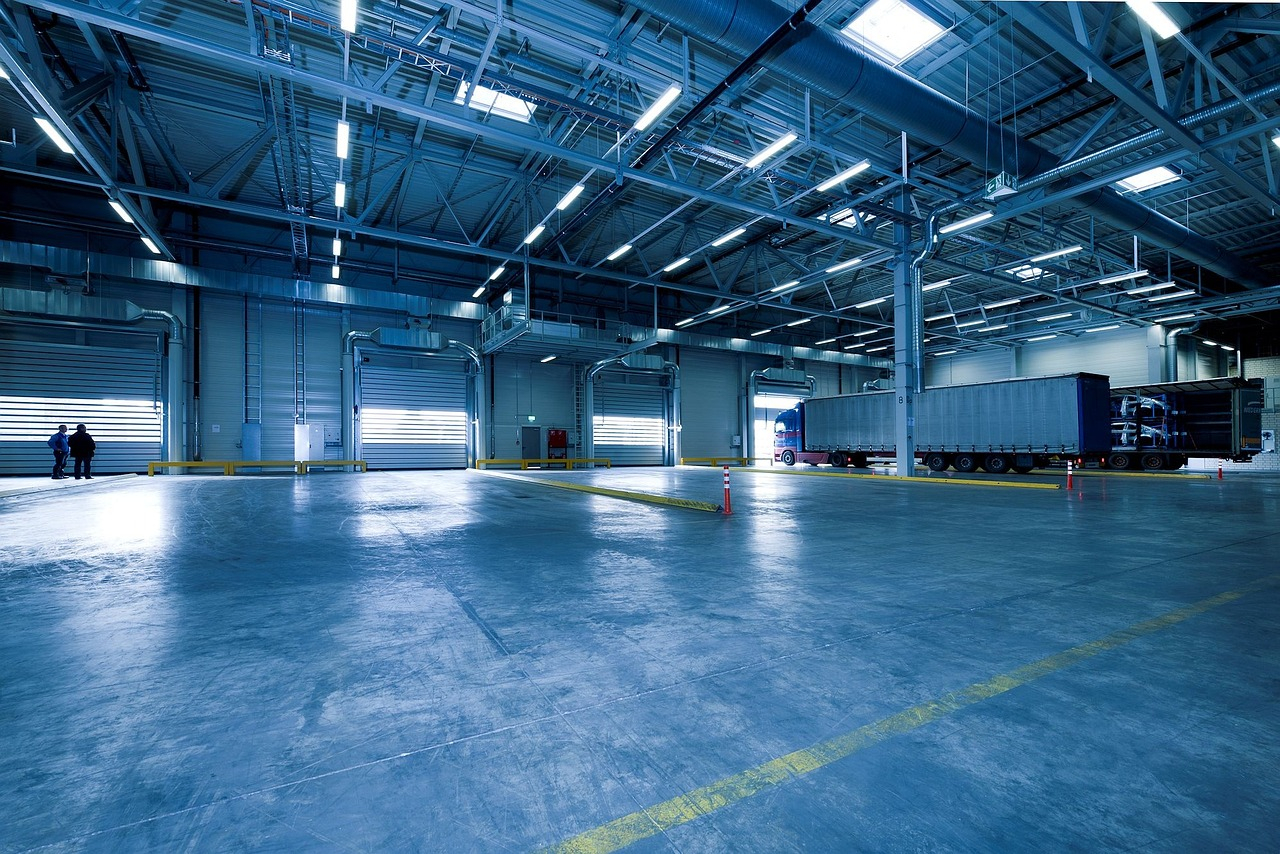The rise of e-commerce and its impact on warehouse jobs
The rapid expansion of e-commerce in Poland has been one of the most significant drivers of the increased demand for warehouse jobs. With the proliferation of online shopping platforms, customers now have access to a wide range of products at the click of a button. This convenience has led to a substantial increase in online orders, which in turn has put pressure on logistics and warehouse operations to handle, store, and dispatch goods more efficiently than ever before.
Warehouse jobs in Poland have become more complex and specialized as a result of this trend. The need for skilled workers who can manage inventory, operate advanced machinery, and ensure that orders are processed accurately and quickly has grown. This shift has led to the creation of a wide range of positions within warehouses, from entry-level roles to more specialized and technical jobs.
The role of technology in enhancing warehouse efficiency
Technology has played a crucial role in transforming warehouse operations and enabling fast service. In Poland, many warehouses have adopted advanced technologies such as automated storage and retrieval systems (AS/RS), robotics, and warehouse management systems (WMS). These technologies help streamline operations, reduce errors, and increase the speed at which goods are processed and shipped.
For instance, AS/RS technology allows warehouses to maximize their storage space while reducing the time needed to retrieve items. Robots are increasingly used to assist with tasks such as picking and packing, which not only speeds up the process but also reduces the risk of human error. Additionally, WMS software helps manage inventory levels, track orders, and optimize workflows, ensuring that warehouse operations run smoothly and efficiently.
As a result of these technological advancements, warehouse jobs in Poland are evolving. Workers are required to have a higher level of technical expertise and familiarity with these systems. Companies are increasingly investing in training programs to equip their employees with the necessary skills to operate these technologies effectively.
The importance of location in warehouse operations
Location is a critical factor in the efficiency of warehouse operations and the ability to provide fast service. Poland's strategic location in Europe makes it an ideal hub for warehousing and logistics. The country is well-connected to major European markets, with a well-developed transport infrastructure that includes highways, rail networks, and airports.
This advantageous location has attracted numerous multinational companies to establish their distribution centers and warehouses in Poland. These companies rely on the country's logistical strengths to ensure that they can meet the fast service demands of their customers across Europe. Consequently, the demand for warehouse jobs in Poland has grown in regions that are strategically located near major transport routes.
In particular, regions such as Silesia, Greater Poland, and Masovia have become hotspots for warehouse jobs. These areas offer easy access to key markets in Western and Central Europe, making them attractive locations for businesses looking to optimize their supply chain operations.
The impact of labor market trends on warehouse jobs
The growth of warehouse jobs in Poland has also been influenced by broader labor market trends. Poland's relatively low labor costs, compared to Western Europe, have made it an attractive destination for companies looking to establish or expand their warehousing operations. This has led to a steady increase in the number of warehouse jobs available in the country.
However, the increasing complexity of warehouse operations and the growing demand for fast service have also created a need for more skilled workers. As a result, companies are not only looking for workers who can perform manual tasks but also those with technical skills and experience in using advanced warehouse technologies.
The labor market in Poland is also experiencing a shift towards more flexible working arrangements. Many companies are adopting shift work and temporary contracts to meet the fluctuating demand for warehouse services. This trend has led to the growth of part-time and contract warehouse jobs in Poland, providing opportunities for a diverse range of workers, including students, retirees, and those seeking additional income.
Addressing the challenges of warehouse jobs in Poland
Despite the growth in demand for warehouse jobs in Poland, the industry faces several challenges. One of the primary challenges is the shortage of skilled labor. As warehouse operations become more complex, the need for workers with technical skills and experience in logistics and supply chain management has increased. However, there is currently a gap between the demand for such skills and the supply of qualified workers.
To address this challenge, companies are investing in training and development programs to upskill their existing workforce. These programs focus on areas such as the operation of warehouse management systems, the use of robotics and automation, and the principles of efficient inventory management. Additionally, partnerships between companies and educational institutions are being formed to ensure that the next generation of workers is equipped with the skills needed to succeed in warehouse jobs in Poland.
Another challenge is the physical demands of warehouse work. Many warehouse jobs involve repetitive tasks, heavy lifting, and long hours on one's feet. These factors can lead to physical strain and fatigue, which can impact worker productivity and well-being. To mitigate these risks, companies are implementing ergonomic practices, providing proper training on lifting techniques, and investing in equipment such as pallet jacks and forklifts to reduce the physical burden on workers.
The future of warehouse jobs in Poland
The future of warehouse jobs in Poland looks promising, with continued growth expected in the coming years. The increasing demand for fast service, driven by the rise of e-commerce and the need for efficient supply chain operations, will continue to create opportunities for workers in this sector.
However, the nature of warehouse jobs in Poland is likely to evolve further as technology continues to advance. Automation and robotics will play an even more significant role in warehouse operations, leading to the creation of new types of jobs that require advanced technical skills. As a result, the industry will need to focus on continuous training and development to ensure that workers can adapt to these changes.
In conclusion, warehouse jobs in Poland are experiencing significant growth, driven by the demand for fast service and the rise of e-commerce. The industry is evolving rapidly, with technology playing a key role in shaping the future of warehouse operations. As the demand for skilled workers continues to rise, companies and educational institutions must work together to ensure that the workforce is equipped with the skills needed to thrive in this dynamic and fast-paced industry.





